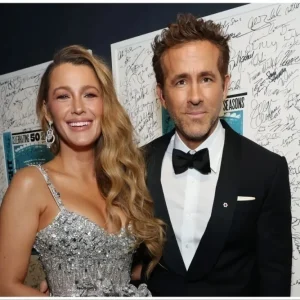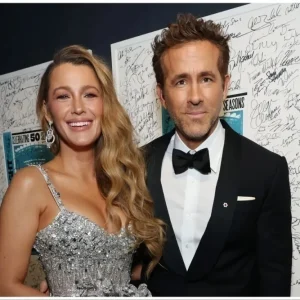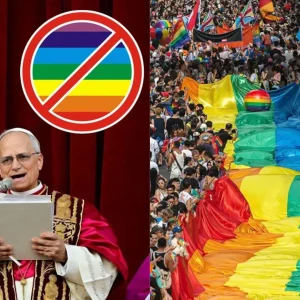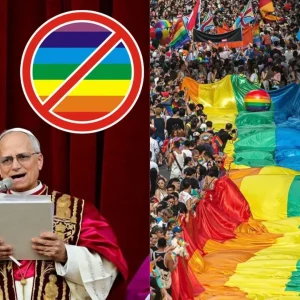The idea that Michael Jackson was “sacrificed” before his 2009 This Is It tour is a conspiracy theory that has gained traction in some circles, but it is important to distinguish between speculation and verifiable facts. Conspiracy theories about Jackson’s death suggest that powerful entities in the music industry or elsewhere orchestrated his untimely demise for various reasons, including financial gain, control over his vast catalog, or due to disputes regarding his influence and independence. These claims are not supported by credible evidence and remain speculative.

The Events Leading Up to Jackson’s Death
Michael Jackson passed away on June 25, 2009, just weeks before he was scheduled to begin his highly anticipated comeback tour, This Is It, in London. His death was officially ruled as caused by acute propofol and benzodiazepine intoxication, administered by his personal physician, Dr. Conrad Murray, who was later convicted of involuntary manslaughter. Jackson had reportedly been using these medications to deal with chronic insomnia, especially as the pressures of preparing for his tour mounted.
However, following his death, numerous conspiracy theories emerged, suggesting foul play. Some theorists claim that Jackson was under immense pressure from music industry insiders, that his extensive music catalog—especially his ownership of valuable publishing rights, including part of The Beatles’ catalog—made him a target, or that he had become too powerful and independent.
Key Points of the Conspiracy Theory
Financial Control: One major aspect of the conspiracy theory revolves around Jackson’s finances and his valuable music catalog. Jackson’s ownership of major music rights, including a stake in Sony/ATV, which controlled The Beatles’ catalog and other lucrative assets, made him a key player in the music industry. Some theorists suggest that powerful figures wanted to regain control over these assets by eliminating Jackson.
Pharmaceutical Influence: Another part of the theory claims that Jackson was sacrificed due to his dependence on medication. There is speculation that the pharmaceutical industry played a role in his death, with claims that Jackson was intentionally over-prescribed dangerous drugs that eventually led to his death.
The Illuminati Theory: In more far-reaching conspiracy circles, Jackson’s death is linked to theories about the Illuminati or other secret societies. According to this narrative, Jackson was “sacrificed” as part of a larger plan to control global entertainment and maintain power over cultural icons. Proponents of this theory point to Jackson’s own words in interviews, where he discussed feeling oppressed by powerful forces in the industry.
Media Manipulation: Some conspiracy theories focus on how the media portrayed Jackson leading up to his death. Jackson often expressed frustration with the media and the portrayal of his character. Certain theorists claim that this negative portrayal was part of a coordinated effort to discredit him, weaken his influence, and eventually lead to his downfall.
Examining the Evidence
While these theories are sensational, it is essential to base conclusions on facts and evidence. Here’s what we know:
Medical Cause of Death: The official cause of Jackson’s death was acute propofol intoxication, a powerful anesthetic. Dr. Conrad Murray, Jackson’s personal physician, was convicted of involuntary manslaughter for administering the drug inappropriately. The evidence in this case points to medical negligence rather than a conspiracy.
Michael Jackson’s Health: Jackson had been in frail health leading up to his death, with reports indicating that he struggled with insomnia, chronic pain, and stress related to his career. His reliance on medications to manage these issues contributed to the tragic outcome, but there is no verifiable evidence suggesting external forces were manipulating these circumstances beyond his medical care.
Financial Motives: While it is true that Jackson’s music catalog was extremely valuable, and that his financial situation was complicated at the time of his death, these factors do not prove that he was intentionally “sacrificed.” After his death, his estate continued to profit from his music and brand, which some theorists claim could be evidence of a financial motive. However, legal control of his assets was transferred to his family and estate managers, in line with standard procedures following a high-profile death.
Conspiracy Culture: Michael Jackson’s status as a cultural icon makes him a natural subject for conspiracy theories. The idea that powerful entities orchestrated his death fits into broader narratives about celebrity control and manipulation, but these theories often lack credible evidence and rely heavily on speculation.
Conclusion
While conspiracy theories about Michael Jackson’s death remain popular in some circles, the official cause of death was ruled as a result of medical negligence, with no solid evidence supporting claims of a larger conspiracy or sacrifice. Jackson’s tragic passing is a reminder of the immense pressure and challenges faced by global superstars, especially when combined with medical issues and mental health struggles.





